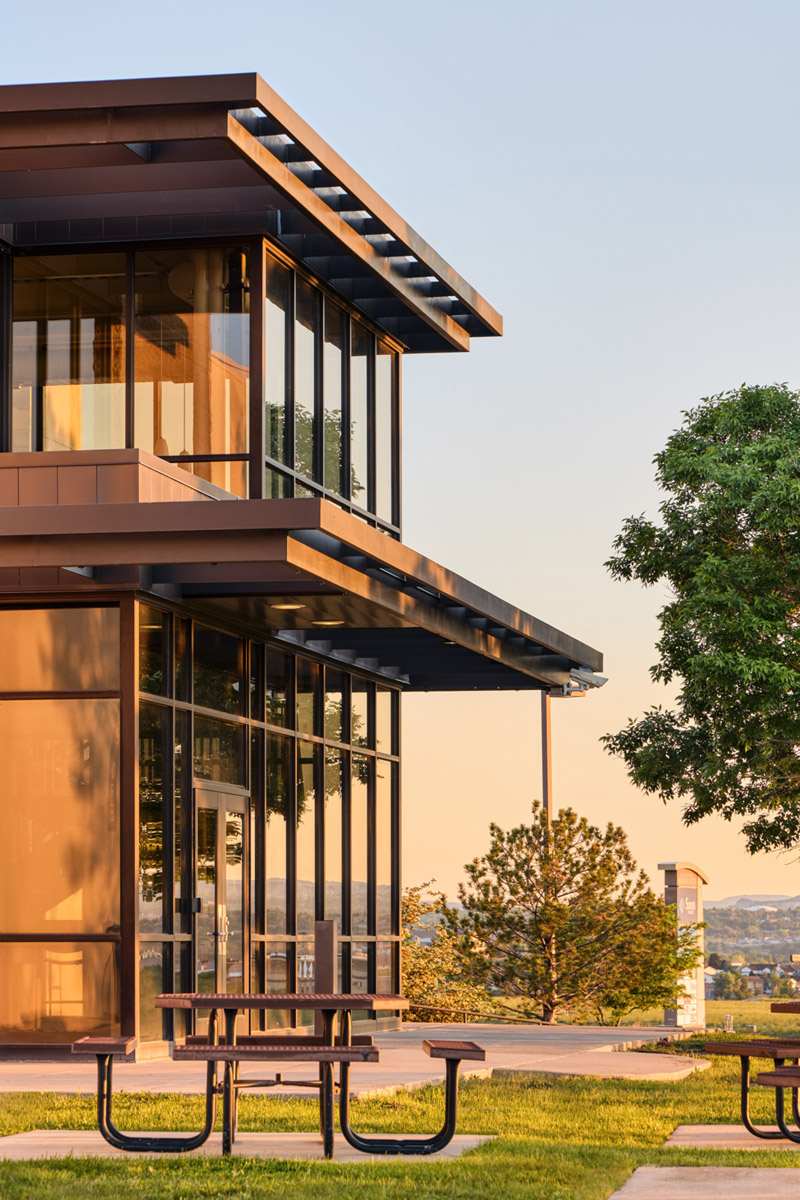By Lance Bolton PPSC President
We’re living in the science fiction story of our predecessors.
They probably envisioned jet packs and flying cars. But, half a century ago, did the
founders of El Paso Community College imagine such a vibrant and ambitious Pikes Peak
State College, with three campuses, virtual classrooms, vital partnerships with the
other local colleges and an economic impact estimated at $380 million a year?
Still, they set this in motion, and here we are, with nearly 20,000 students pursuing
dreams that will take them to places we can hardly imagine.
Where do we go from here?
In another 50 years?
That’s a long lens. But we do know what we’re planning and we can see where trends
are shifting the educational landscapes.
Our Destination 2022 Strategic Plan, drafted in 2016, looked at our goals, strategies
and action plans for the coming four years.
It looked at ways to improve student success, serve a diverse population, anticipate
workforce needs and grow enrollment.
That ambitious spirit in our 2016 plan has already prompted significant advancements,
including: Our first bachelor’s degree (in Emergency Service Administration), expansions
of key mission-centric programs, including Cybersecurity, Construction and Advanced
Manufacturing and Allied Health fields, and new approaches to tutoring and other student
support.
But when I think of where we’ll be in decades from now, what comes to mind is the
Quad Innovation Partnership. This unprecedented joint initiative powered by every
major higher-ed institution in the region, focuses on placing students in real-world
situations that focus on the betterment of the community.
When I talk to our students, this is one of the themes I hear again and again. Yes,
they want to get the skills they need to make a living for themselves and their families.
But they also want to make a difference. The Quad is designed to help students think
on that level, building the kind of community they want to live in.
The next half century will bring technological wonders that will surely affect our
college. We don’t know how artificial intelligence, autonomous cars, augmented reality
and other advancements might change the way we teach and the way students learn. We
may have smart classrooms, where the pens know when you've answered a question right.
But in all that technology, I believe there will still be room for the power of positive
intent – the idea that we can make our lives better through education, and that through
education and training, we can build a better community.
That will be especially essential if the following decades bring the tremendous challenges
that experts predict. Our population is aging, and needs for medical care are expected
to grow more acute and more complex. Our state’s environment is changing, and we can
expect more droughts and wild fires.
These changes and others will demand skilled workers, and in some cases, we don’t
even know what those demands and skills will be. But when I look back on the values
and work ethics that have kept our college relevant and essential these first 50 years,
I’m optimistic.
We know we must be nimble and adaptable. We know we must be intensely focused on the
changing needs of our region. We know that wherever the next half century takes us,
we will focus on being a force for betterment, both for individuals and the wider
community we serve.
Now, if we can just figure out how to use those jetpacks we envisioned 50 years ago.
